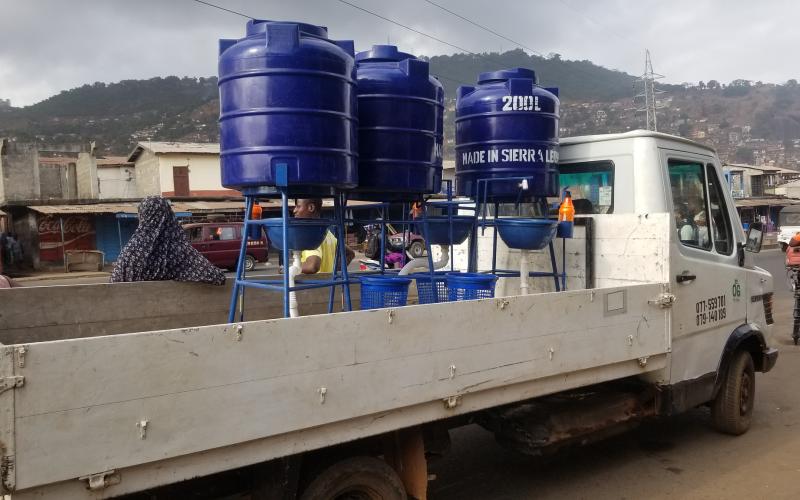
Every day, many villagers in Ethiopia and other African countries face the harsh reality that dirty and potentially disease-ridden water is all they have access to. Sadly, many villagers must walk for hours daily in order to fill their water containers from pools that may be contaminated. Those who dare to drink the water risk fatal diseases while those who refuse to drink it may succumb to dehydration.
Fewer than 43% of the nearly 100 million people living in Ethiopia have access to improved water (e.g., piped water source, protected well). Drinking unimproved water can have many health implications, including the spread of infectious diseases such as hepatitis A and typhoid fever. Just making contact with unimproved water in Africa may lead to the transmission of schistosomiasis, a deadly disease spread by parasitic worms.
The solution is so close yet so far away. There could be clean water right below the villagers’ feet, but they are unable to access this life-saving resource without help. Tapping this water supply requires a well, which could deliver a continuous supply of clean water for thousands of people. However, digging (or drilling) a safe and effective well can be expensive. With approximately 39% of Ethiopian citizens living below the poverty line, villagers are not able to fund a well digging project—outside help is needed. Caring outsiders who step in to help can potentially impact the lives of thousands of people.
Many people believe that dropping a coin in a well while uttering a wish will cause the wish to come true. The magic of a well may be superstition in many places, but for many people in Africa, a ‘wishing well’ truly can make a wish come true.
Sources:
cia-DOT-gov/library/publications/the-world-factbook/geos/et.html (link no longer valid)
http://www.cdc.gov/parasites/schistosomiasis/
https://thewaterproject.org/digging-wells-in-africa-and-india-how-it-works

